24 Anti-Inflammatory Foods That Work Better Than Supplements
In the quest for better health, inflammation is often cast as the villain—but the truth is more complex. As the body’s natural response to injury and illness, inflammation is essential for healing. However, when it becomes chronic, it can silently fuel serious health conditions like heart disease, diabetes, and autoimmune disorders. While supplements are widely marketed as inflammation-fighters, science suggests that the most effective approach lies in something far simpler: food. Expanding our list to 24, this article explores the most potent anti-inflammatory foods that not only help combat chronic inflammation but also nourish the body with essential nutrients. From antioxidant-rich berries to omega-3-packed fish and vibrant spices with healing properties, these natural powerhouses go beyond the capabilities of supplements. By making these foods a staple in your diet, you can take control of your health, support longevity, and reduce your risk of inflammation-driven diseases—all through the power of real, wholesome food.
1. The Magic of Turmeric: Nature’s Golden Healer

Turmeric, a vibrant yellow spice commonly used in Indian cuisine, has been revered for centuries for its medicinal properties. The active compound in turmeric, curcumin, is known for its potent anti-inflammatory and antioxidant effects. Scientific studies have demonstrated that curcumin can inhibit molecules that play significant roles in inflammation, making it a powerful natural alternative to pharmaceutical anti-inflammatories. Beyond its anti-inflammatory prowess, turmeric supports brain health, improves heart function, and may even help in preventing cancer. Incorporating turmeric into your diet is relatively simple. It can be added to soups, stews, and curries, or even blended into smoothies for a healthful kick. For enhanced absorption, pair turmeric with black pepper, which contains piperine, a compound that significantly increases curcumin’s bioavailability.
2. Berries: Small Fruits, Big Benefits
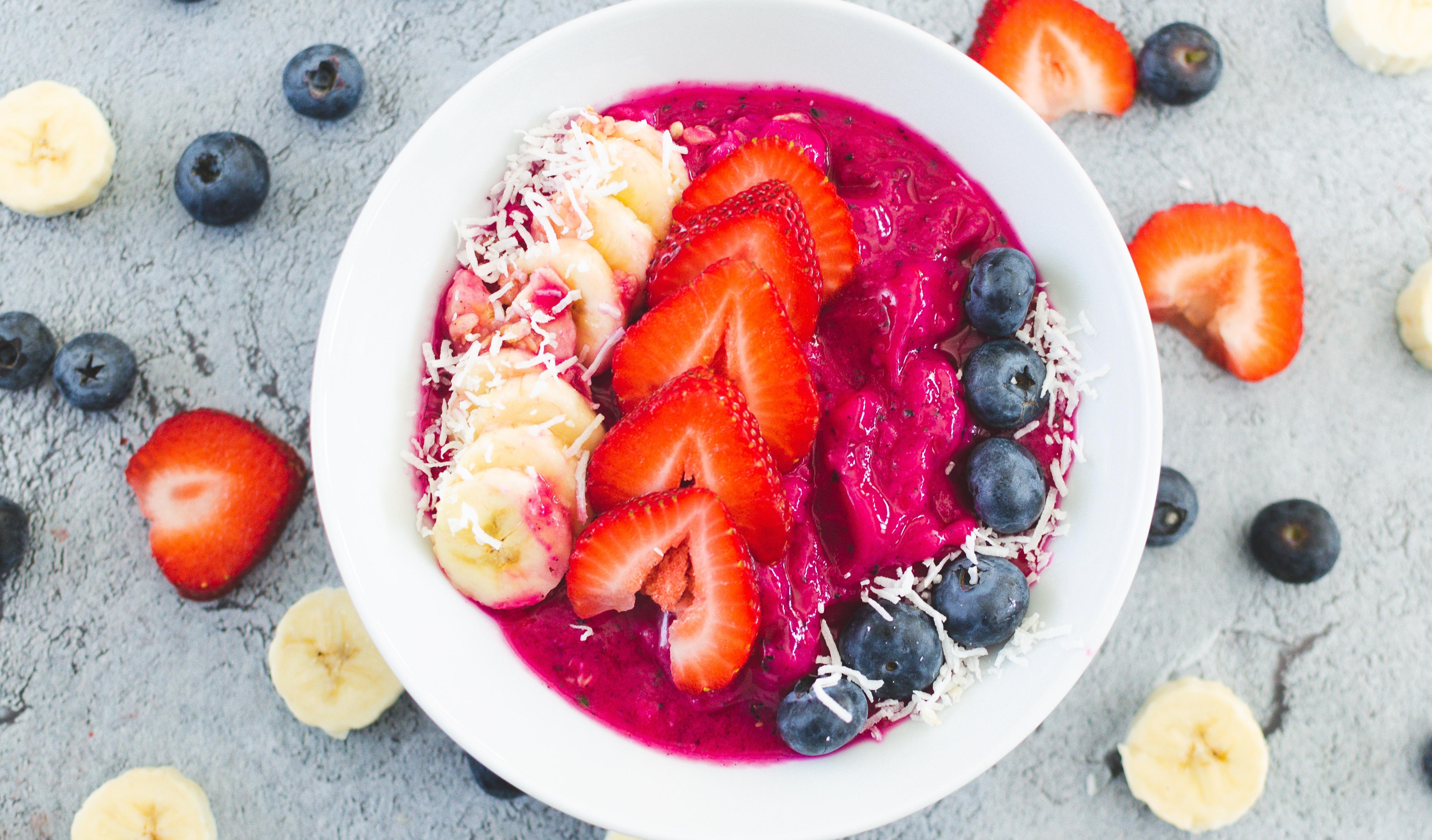
Berries, including blueberries, strawberries, and raspberries, are not only delicious but also packed with nutrients and antioxidants. These small fruits are rich in anthocyanins, compounds that give berries their vibrant color and provide potent anti-inflammatory effects. Research indicates that regular consumption of berries can reduce markers of inflammation and improve heart health by lowering blood pressure and cholesterol levels. Furthermore, the high fiber content in berries aids digestion and promotes a healthy gut microbiome, which is crucial for managing inflammation. Berries are versatile and can be enjoyed fresh, frozen, or dried. They make an excellent addition to breakfast cereals, yogurt, salads, or can be eaten as a snack on their own.
3. Fatty Fish: Omega-3 Rich Superstars

Fatty fish such as salmon, mackerel, sardines, and trout are among the best sources of omega-3 fatty acids, which are essential for reducing inflammation. Omega-3s work by inhibiting the production of inflammatory molecules and have been shown to lower the risk of chronic diseases like heart disease and arthritis. Regular consumption of fatty fish can also support brain health, enhance mood, and improve cognitive function. To reap these benefits, aim to include fatty fish in your diet at least twice a week. Grilled, baked, or poached, these fish can be prepared in various ways to suit different culinary preferences. For those who do not consume fish, omega-3 supplements derived from algae are a viable alternative.
4. Leafy Greens: Nutrient-Dense Powerhouses
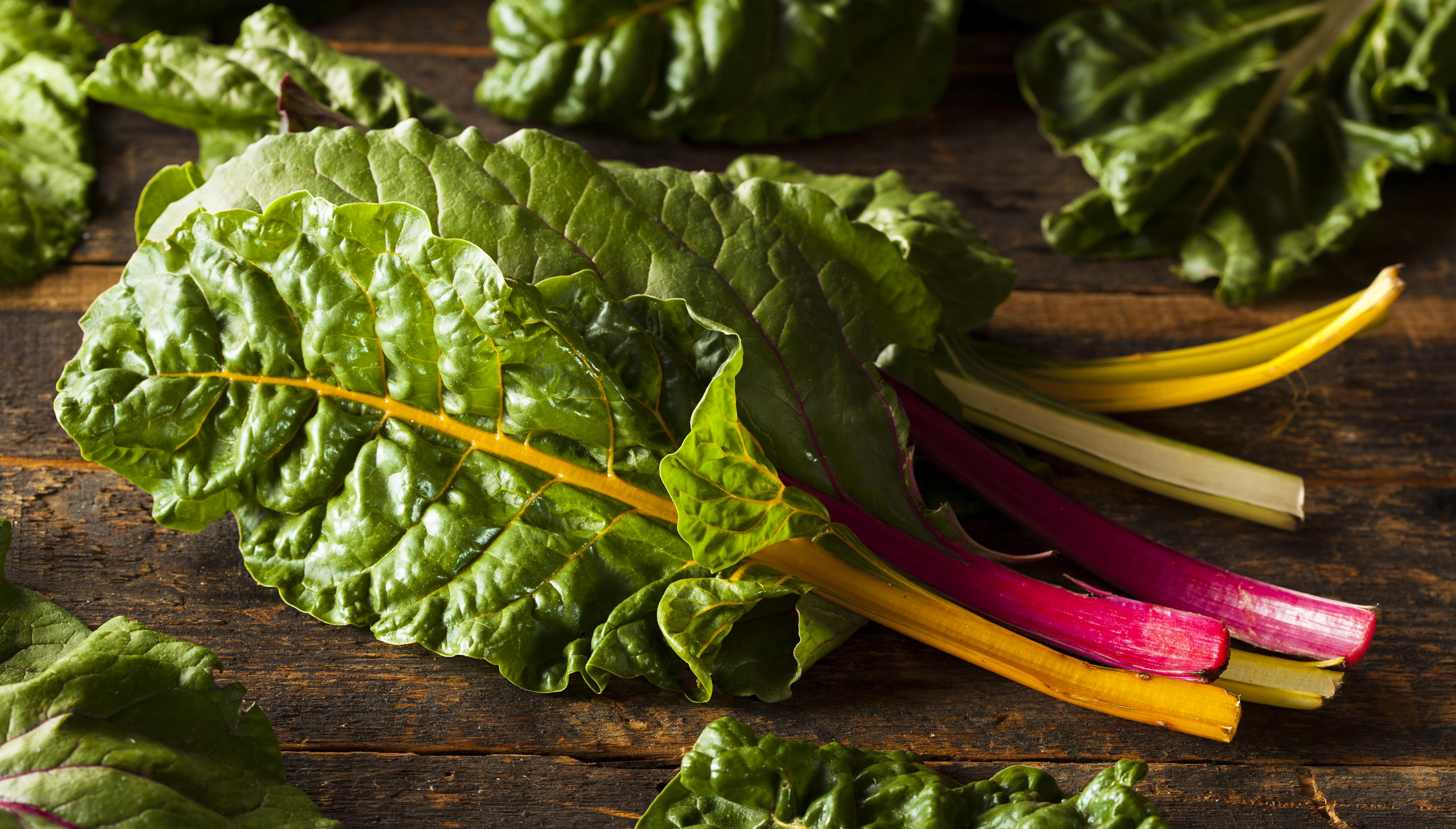
Leafy greens such as spinach, kale, and Swiss chard are nutritional powerhouses that offer a wide array of health benefits. These greens are rich in vitamins, minerals, and antioxidants, including vitamin K, vitamin C, and beta-carotene, all of which have anti-inflammatory properties. The high fiber content in leafy greens also supports digestive health and aids in the prevention of chronic diseases. Studies have shown that a diet rich in leafy greens can reduce the risk of heart disease, improve bone health, and enhance cognitive function. Incorporating these greens into your diet is easy; they can be added to salads, smoothies, soups, or simply sautéed as a side dish.
5. Nuts and Seeds: Crunchy Nutritional Powerhouses
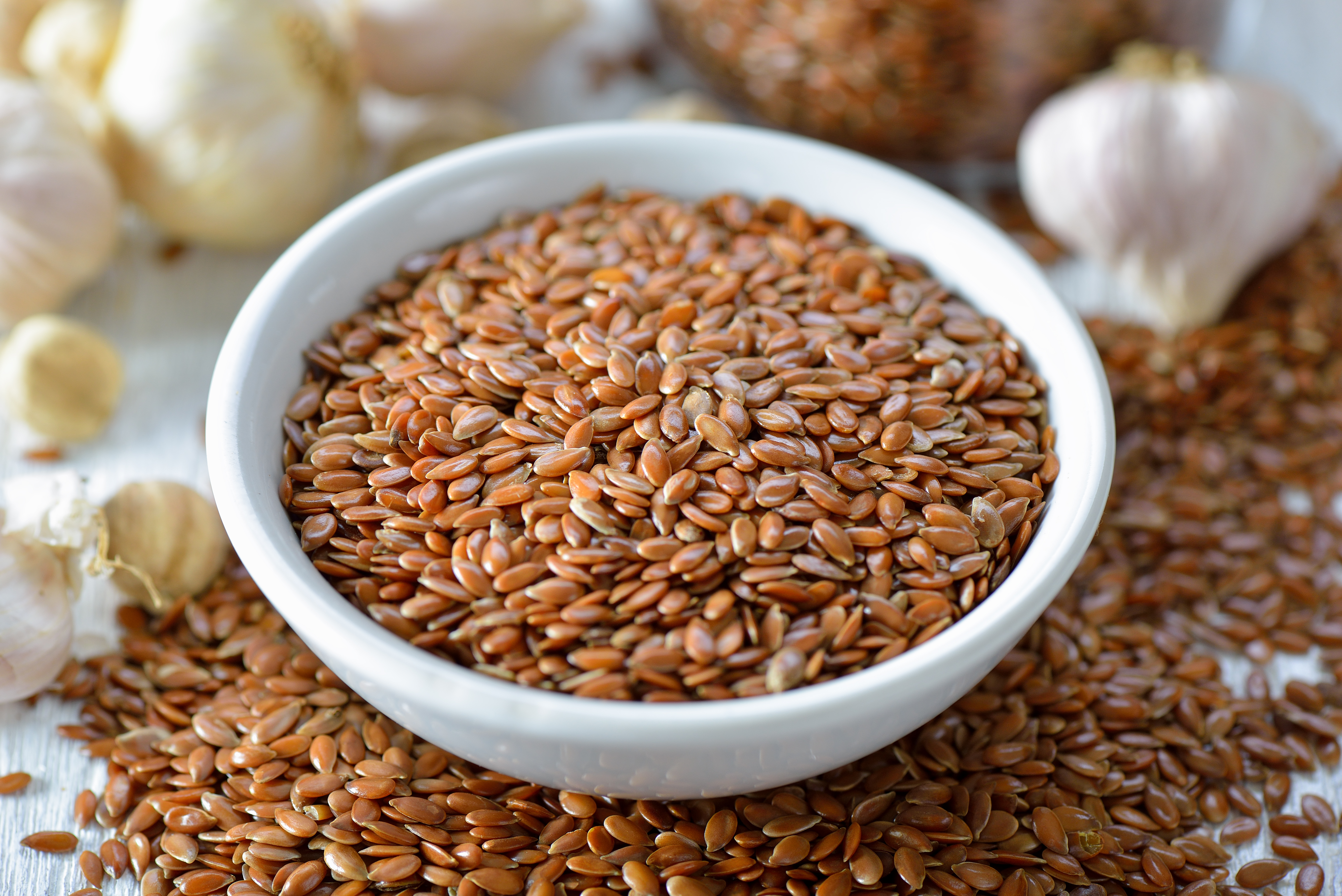
Nuts and seeds, including almonds, walnuts, chia seeds, and flaxseeds, are excellent sources of healthy fats, protein, and fiber. They contain antioxidants and anti-inflammatory compounds such as vitamin E, selenium, and omega-3 fatty acids, which help reduce inflammation and protect against oxidative stress. Regular consumption of nuts and seeds has been linked to a lower risk of heart disease, improved cholesterol levels, and better weight management. These nutrient-dense foods make for convenient snacks and can be easily incorporated into meals. Sprinkle them over salads, yogurt, or oatmeal, or use them as a base for homemade energy bars.
6. Olive Oil: Liquid Gold for Health
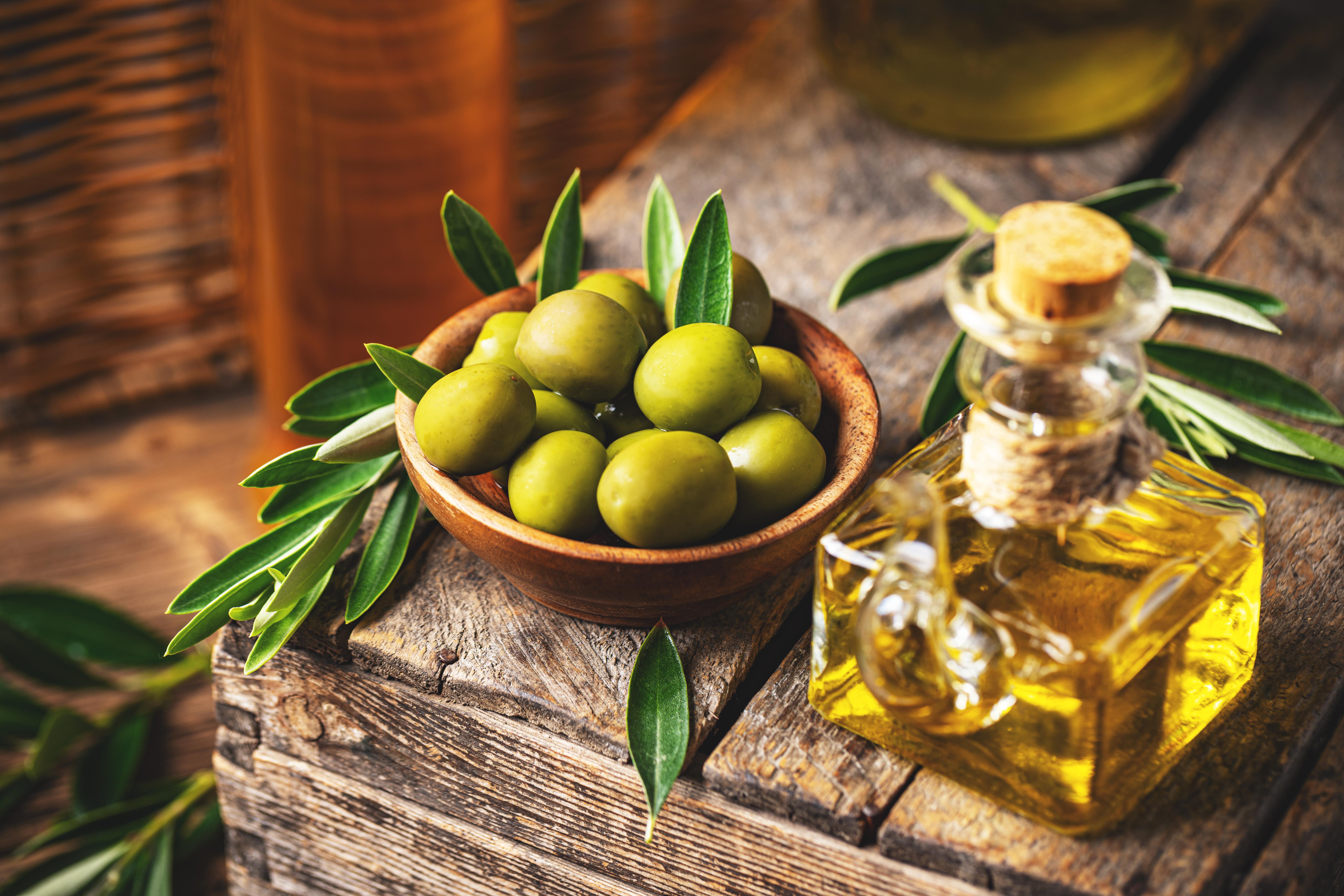
Olive oil, a staple in the Mediterranean diet, is renowned for its health benefits and anti-inflammatory properties. It is rich in monounsaturated fats and contains oleocanthal, a compound that mimics the effects of ibuprofen, an anti-inflammatory drug. Studies have shown that regular consumption of olive oil can reduce inflammation, lower the risk of heart disease, and improve brain health. To maximize its benefits, opt for extra virgin olive oil, which is less processed and retains more of its natural antioxidants. Use olive oil as a dressing for salads, a base for cooking, or simply drizzle it over vegetables for added flavor and health benefits.
7. Ginger: A Zesty Root with Soothing Effects
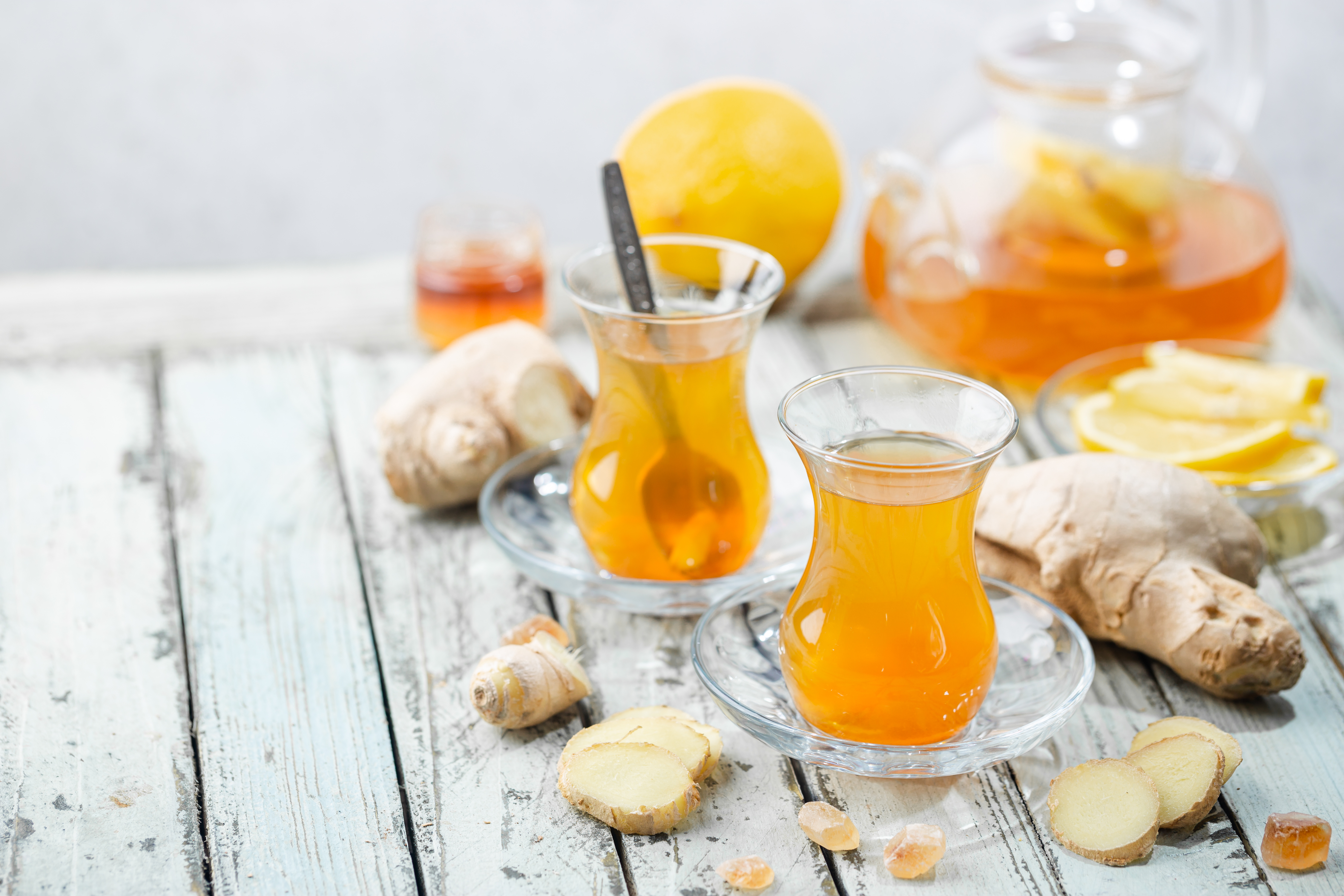
Ginger, a popular spice with a distinctive flavor, has been used for centuries in traditional medicine to treat various ailments. It contains gingerol, a bioactive compound with powerful anti-inflammatory and antioxidant effects. Ginger can help reduce inflammation and pain, particularly in conditions such as osteoarthritis and menstrual discomfort. It also supports digestive health by alleviating nausea and improving gut function. Incorporating ginger into your diet is simple; it can be added to teas, smoothies, stir-fries, and baked goods. Fresh ginger root can be grated or sliced, while ground ginger offers a convenient alternative for seasoning dishes.
8. Garlic: The Pungent Protector
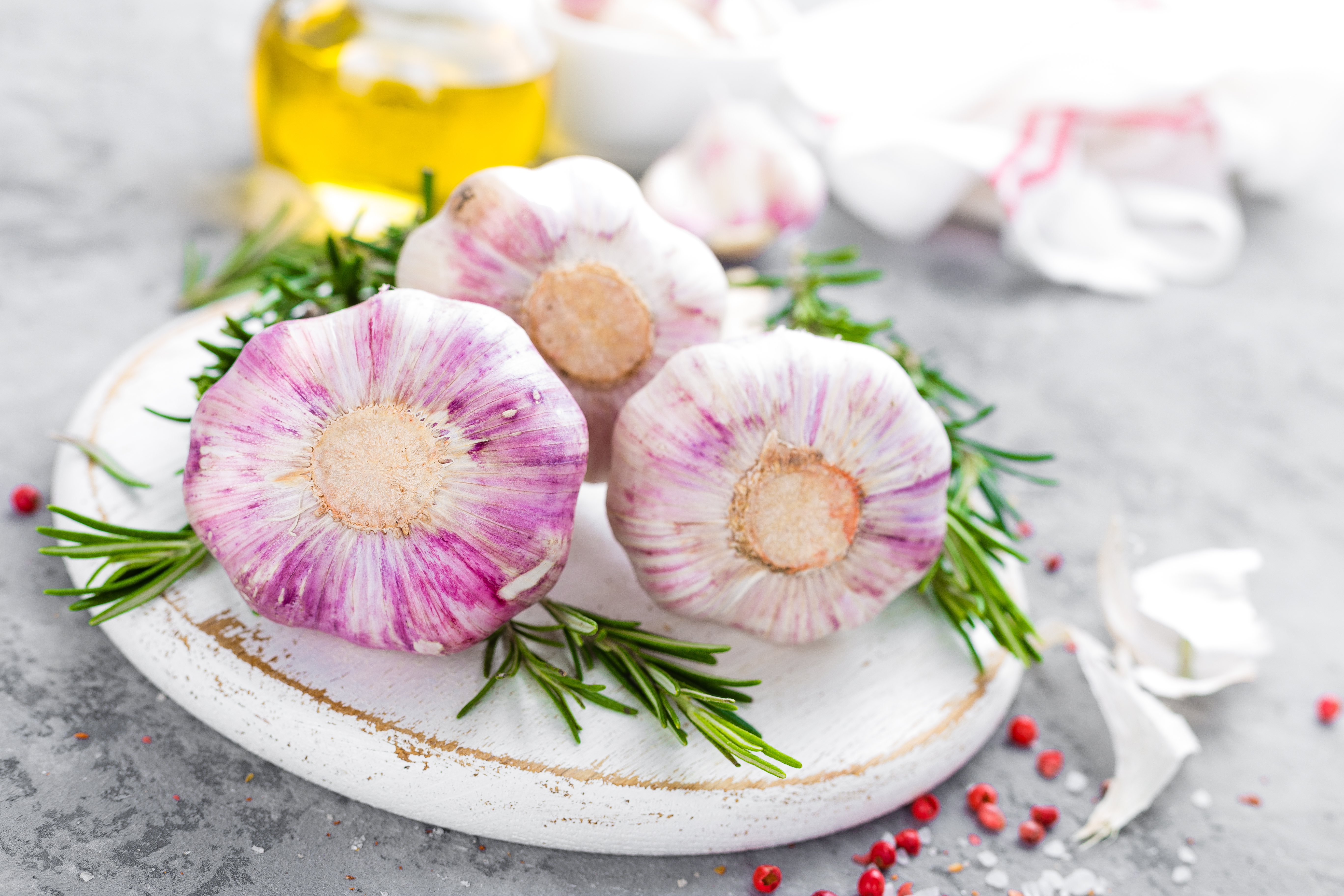
Garlic, a culinary staple known for its pungent aroma and flavor, is also a potent anti-inflammatory food. It contains sulfur compounds, such as allicin, which have been shown to reduce inflammation and boost immune function. Garlic’s health benefits extend to improving heart health by lowering blood pressure and cholesterol levels. It also has antimicrobial properties that can help fight infections. To harness the full benefits of garlic, consume it raw or lightly cooked, as excessive heat can diminish its active compounds. Garlic can be used to flavor a wide range of dishes, from sauces and soups to roasted vegetables and meats.
9. Green Tea: A Soothing Antioxidant-Rich Beverage

Green tea, a popular beverage consumed worldwide, is celebrated for its numerous health benefits. It is rich in polyphenols, particularly catechins, which provide strong anti-inflammatory and antioxidant effects. Regular consumption of green tea has been linked to reduced inflammation, improved heart health, and enhanced brain function. Additionally, green tea can aid in weight management by boosting metabolism and fat oxidation. To enjoy the benefits of green tea, aim to drink it daily. It can be consumed hot or cold and is available in various forms, including loose leaves, tea bags, and matcha powder.
10. Tomatoes: Juicy Red Health Boosters
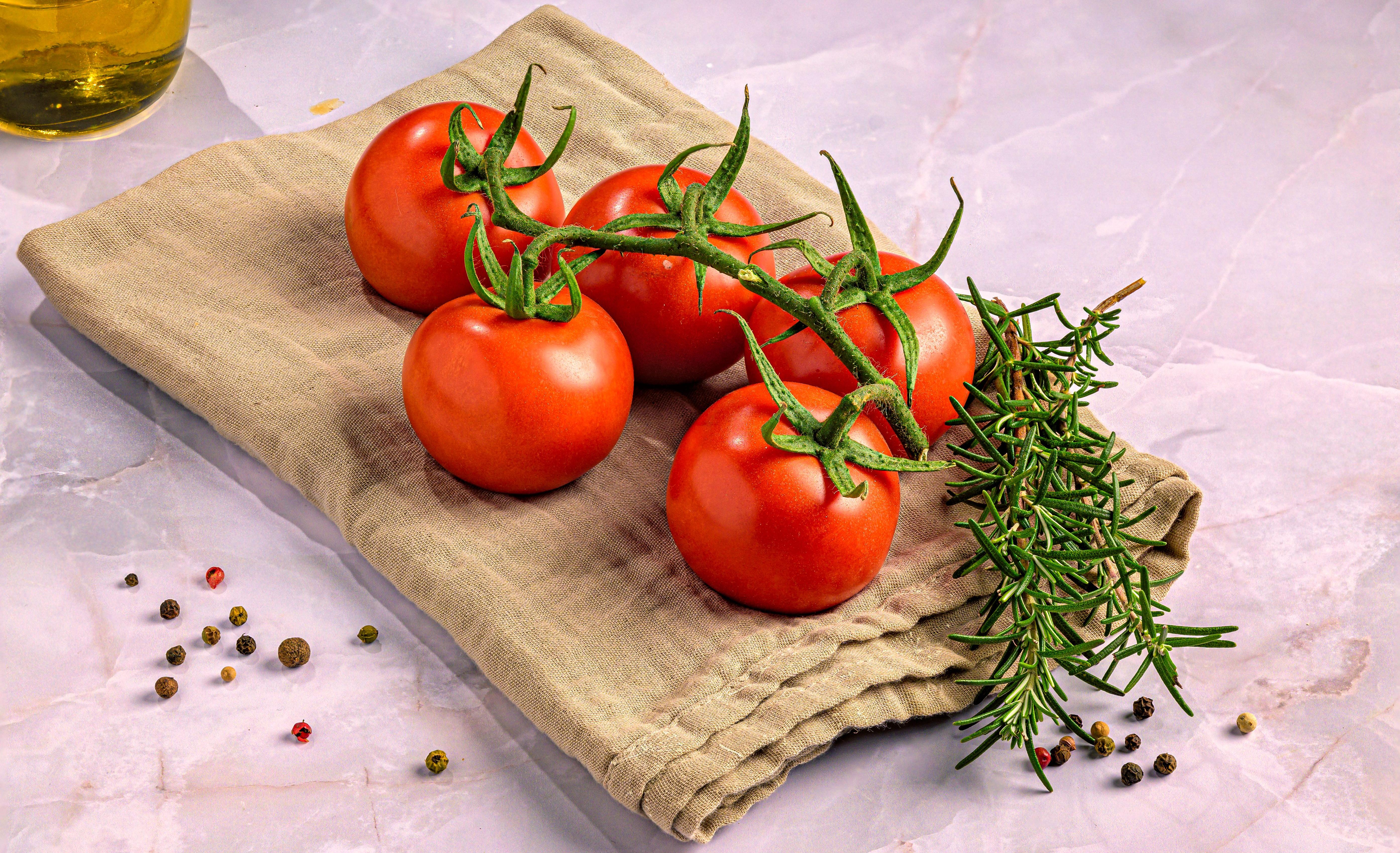
Tomatoes, a staple in many cuisines, are not only versatile but also packed with nutrients that promote health. They are rich in lycopene, a powerful antioxidant with anti-inflammatory properties. Lycopene has been associated with a reduced risk of chronic diseases, including heart disease and certain cancers. Tomatoes also contain vitamin C, potassium, and folate, which support overall health. To maximize the bioavailability of lycopene, consume tomatoes cooked or processed, such as in sauces or soups. Fresh tomatoes can be added to salads, sandwiches, or enjoyed as a snack with a sprinkle of salt and pepper.
11. Avocados: Creamy Nutrient Powerhouses
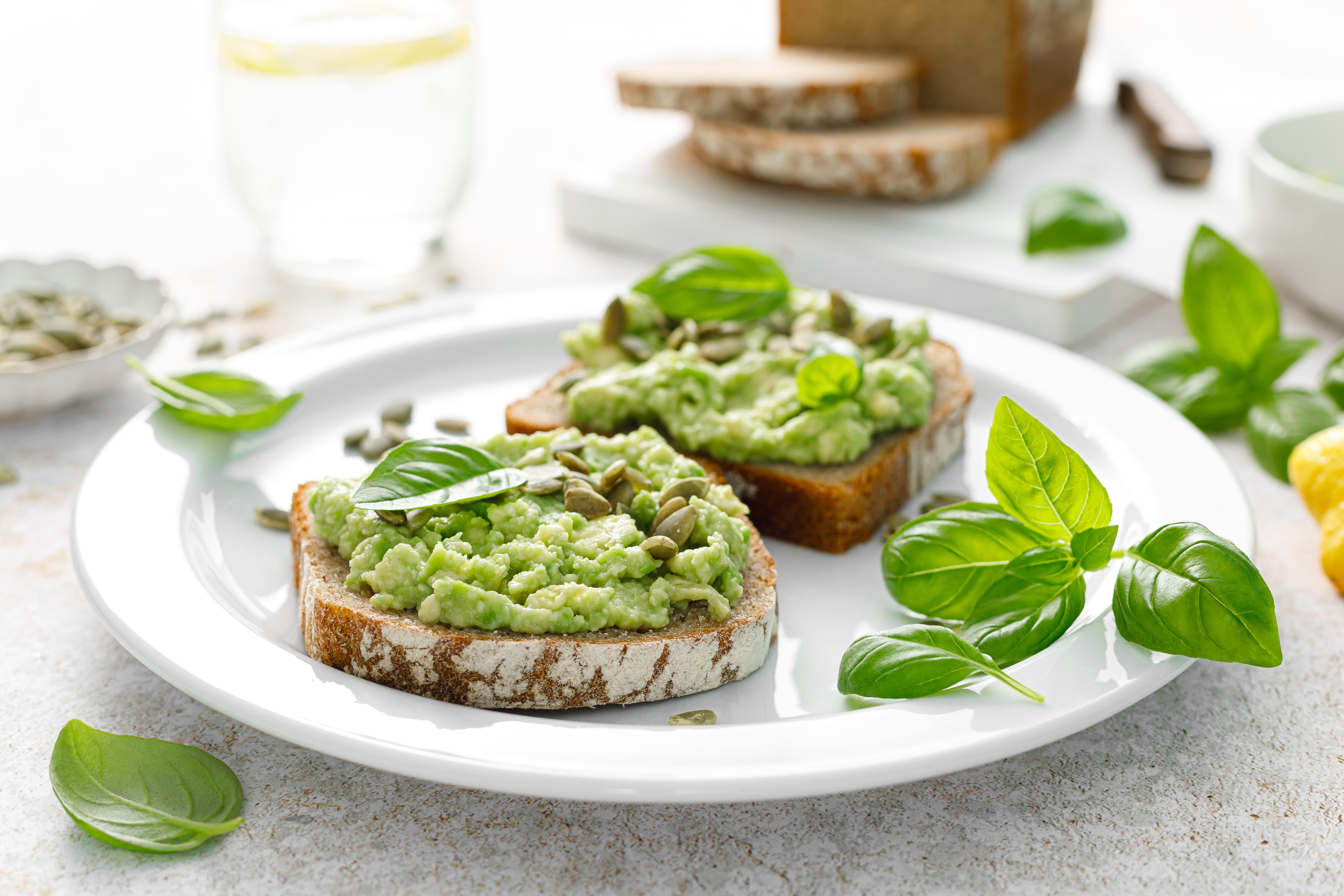
Avocados are a unique fruit known for their creamy texture and rich nutritional profile. They are high in monounsaturated fats, fiber, and a variety of vitamins and minerals, including vitamin E, potassium, and folate. Avocados have anti-inflammatory properties and have been shown to improve heart health by lowering cholesterol levels and reducing inflammation. They also support skin health and promote healthy aging. Avocados can be enjoyed in numerous ways, from spreading on toast and adding to salads to blending into smoothies and making guacamole. Their versatility makes them a delicious and healthful addition to any diet.
12. Sweet Potatoes: Vibrant and Nutrient-Rich
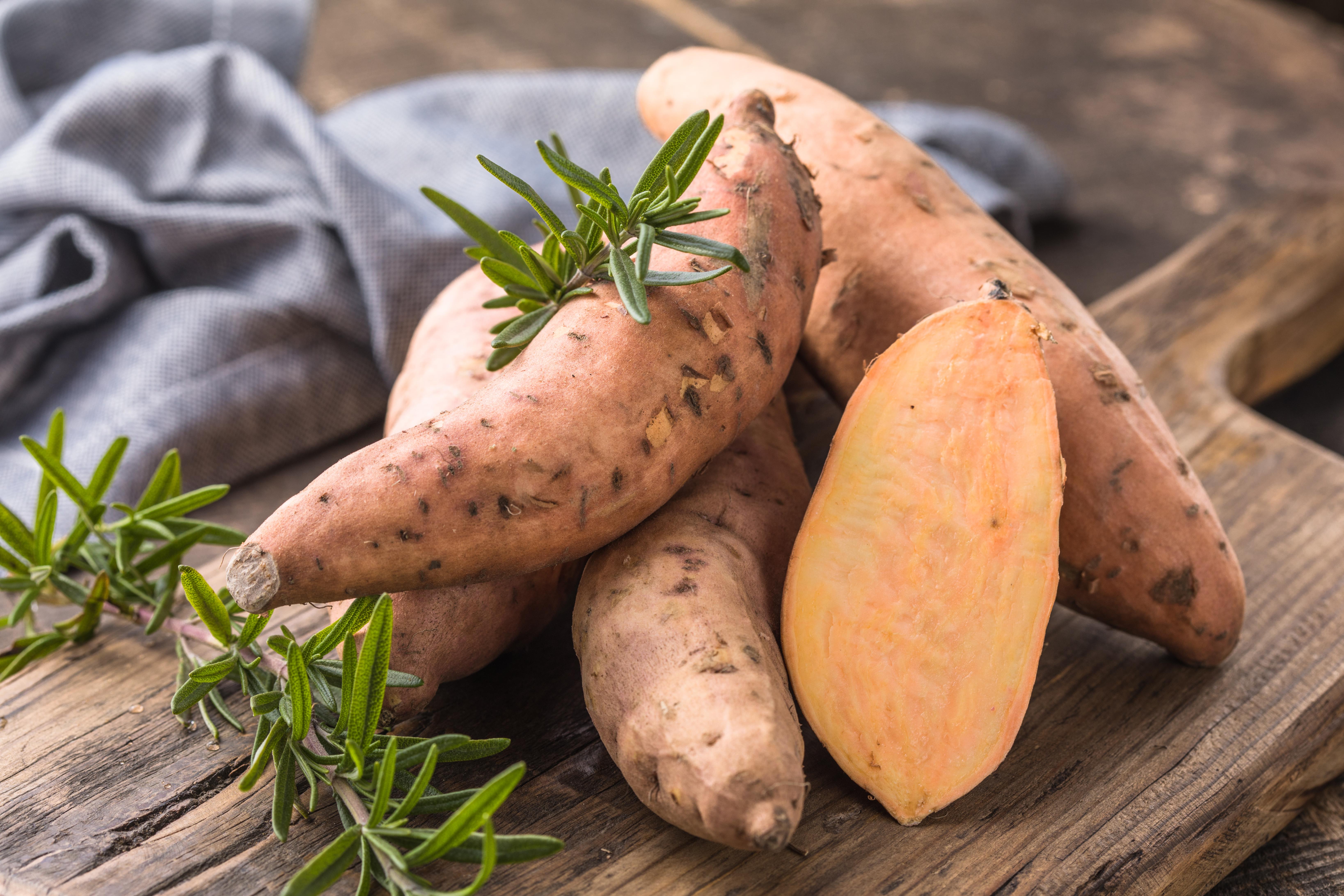
Sweet potatoes are a nutritious root vegetable that offers a range of health benefits. They are rich in beta-carotene, a powerful antioxidant that the body converts into vitamin A, supporting immune function and reducing inflammation. Sweet potatoes also contain fiber, vitamins C and B6, and potassium, which contribute to overall health. Their anti-inflammatory properties can help reduce the risk of chronic diseases and improve digestive health. Sweet potatoes can be roasted, mashed, or baked, and they make a delicious addition to both savory and sweet dishes. Enjoy them as a side dish, in soups, or as a base for healthy desserts.
13. Dark Chocolate: A Sweet Indulgence with Benefits

Dark chocolate, often considered a guilty pleasure, actually offers numerous health benefits when consumed in moderation. It is rich in flavonoids, particularly epicatechin, which have anti-inflammatory and antioxidant effects. Dark chocolate has been shown to improve heart health by lowering blood pressure and enhancing blood flow. It also supports brain health and can improve mood. To maximize the health benefits, choose dark chocolate with a high cocoa content (70% or higher) and consume it in small amounts. Enjoy it as a snack, in desserts, or melted over fruits for a decadent yet healthful treat.
14. Beets: Nature’s Vibrant Detoxifiers

Beets are a vibrant root vegetable known for their deep red color and health-promoting properties. They contain betalains, pigments that provide anti-inflammatory and antioxidant benefits. Beets support heart health by improving blood pressure and circulation, and they aid in detoxification by promoting liver function. Additionally, beets are rich in fiber, vitamins, and minerals, which contribute to overall wellness. Beets can be enjoyed roasted, boiled, or raw, and they make a colorful addition to salads, juices, and side dishes. Their natural sweetness and earthy flavor pair well with a variety of ingredients, making them a versatile and nutritious choice.
15. Pineapple: Nature’s Anti-Inflammatory Powerhouse

This tropical fruit is packed with bromelain, an enzyme known for its strong anti-inflammatory properties. Bromelain helps reduce swelling, ease digestion, and speed up muscle recovery after exercise. Pineapple is also rich in vitamin C and antioxidants, which boost the immune system and combat oxidative stress. To enjoy its benefits, eat fresh pineapple, blend it into smoothies, or add it to salads and stir-fries.
16. Mushrooms: Earthy, Immune-Boosting Superstars
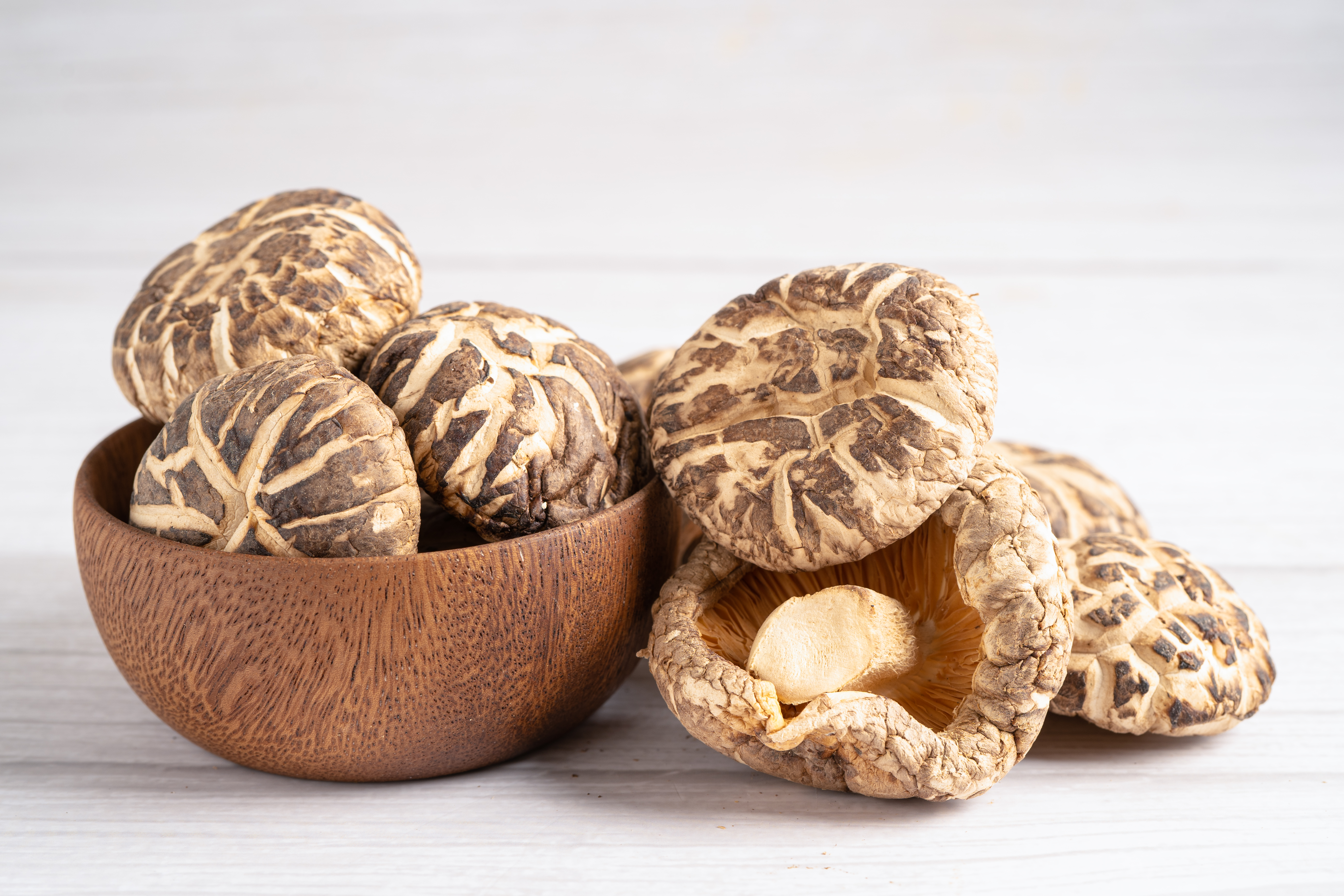
Mushrooms, particularly varieties like shiitake, maitake, and reishi, contain powerful anti-inflammatory compounds such as ergothioneine and beta-glucans. These fungi support immune function, reduce inflammation, and even show promise in cancer prevention. Sauté mushrooms as a side dish, add them to soups and omelets, or brew them into tea for a concentrated health boost.
17. Pomegranates: Ruby-Red Inflammation Fighters

Pomegranates are loaded with polyphenols and punicalagins—compounds that have been shown to lower inflammation and reduce the risk of chronic diseases like heart disease and arthritis. Their high antioxidant content helps protect the body from oxidative damage. Eat fresh pomegranate seeds, drink 100% pomegranate juice, or use them as a garnish in salads and desserts.
18. Chili Peppers: Spicy and Soothing at the Same Time

Capsaicin, the active compound in chili peppers, has potent anti-inflammatory and pain-relieving properties. It helps improve circulation, reduce arthritis symptoms, and boost metabolism. Whether you prefer jalapeños, cayenne, or habaneros, adding chili peppers to your meals can help fight inflammation while adding a flavorful kick. Use them in soups, stir-fries, or homemade hot sauces.
19. Seaweed: The Ocean’s Superfood
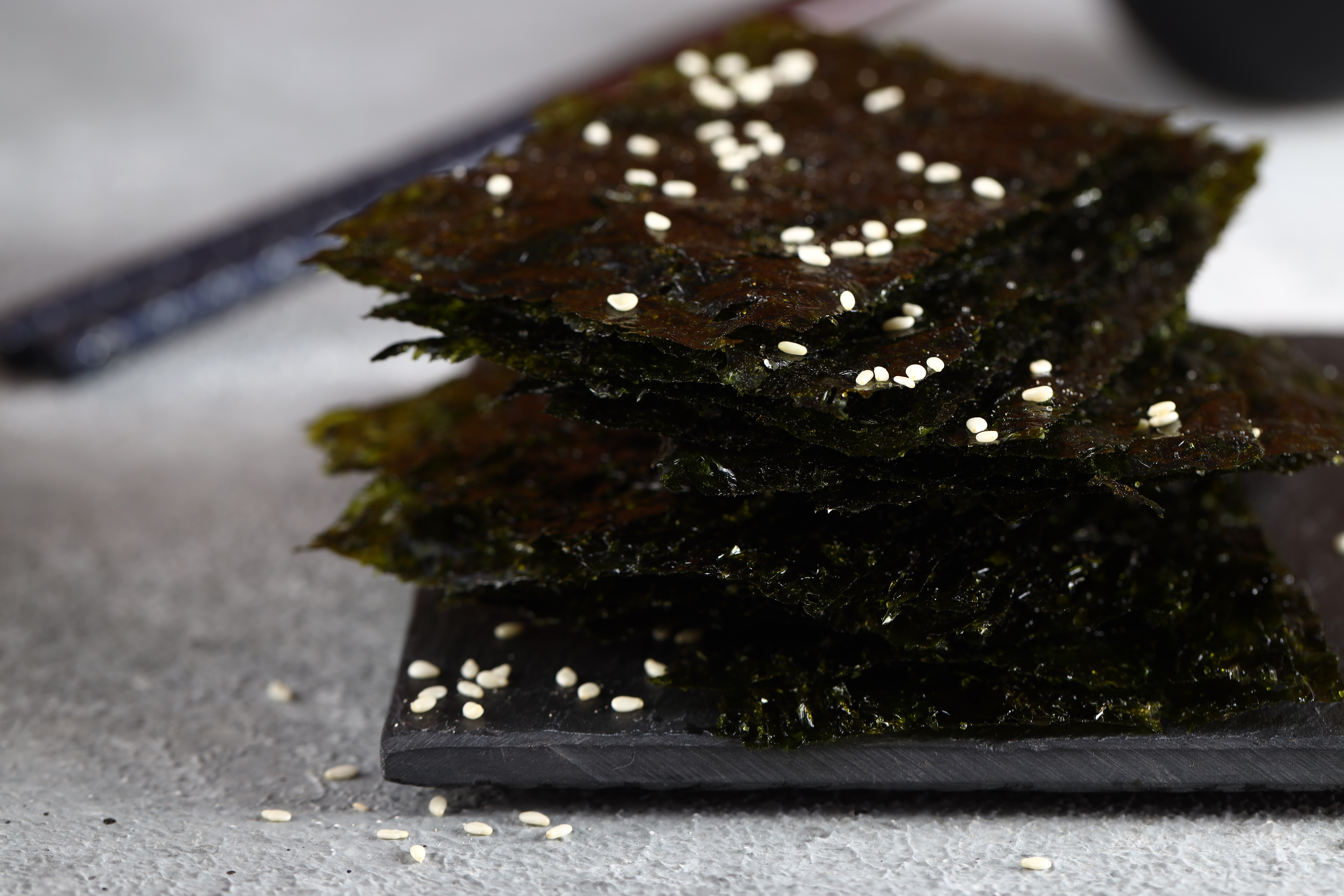
Rich in iodine, omega-3s, and antioxidants, seaweed is a nutritional powerhouse that combats inflammation while supporting thyroid health and gut function. Fucoidans, found in brown seaweed like wakame and kombu, have been shown to reduce inflammation and improve immune function. Enjoy seaweed in sushi, salads, miso soup, or as roasted seaweed snacks.
20. Cinnamon: A Warm Spice with Cool Benefits
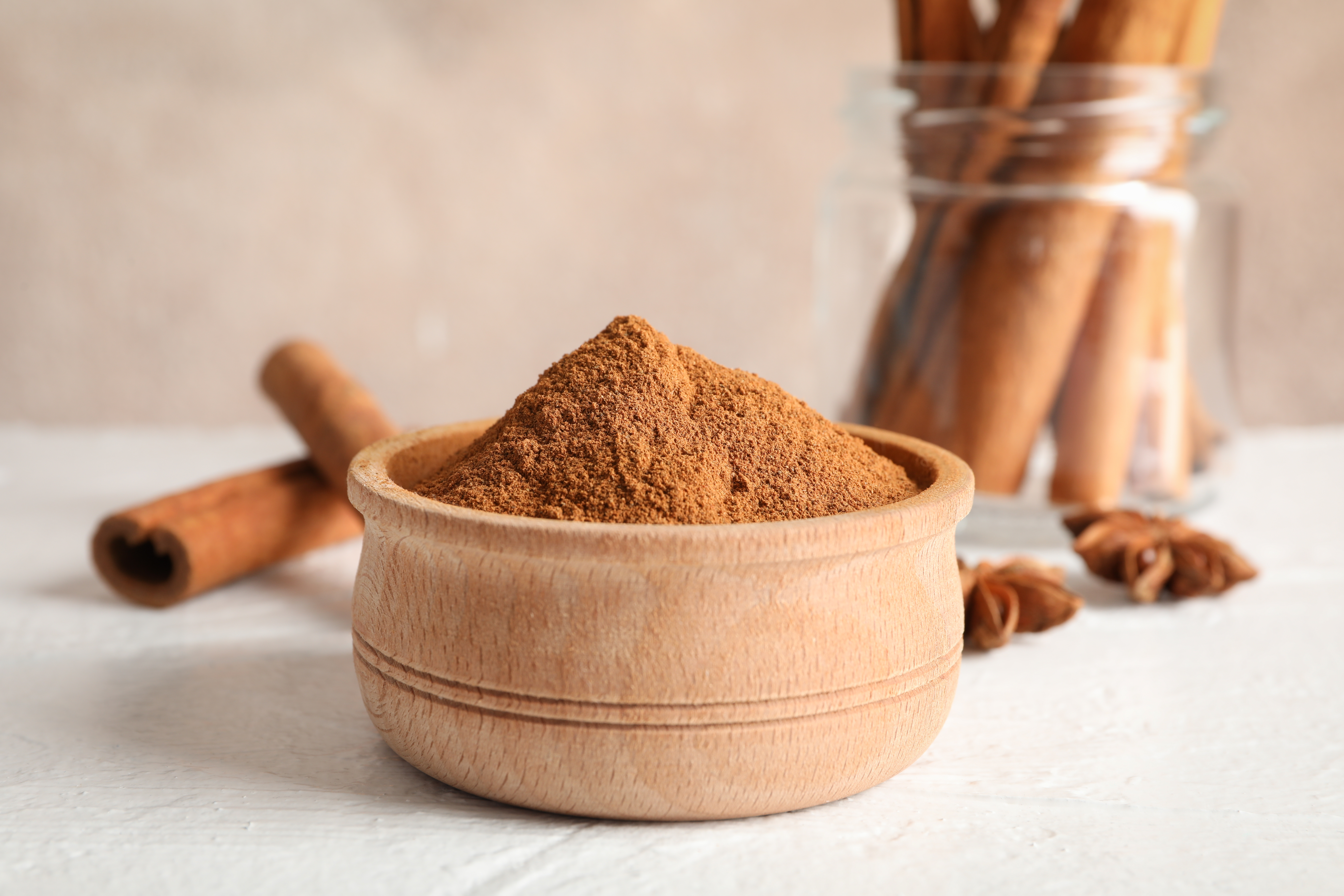
Cinnamon is not just a delicious spice—it contains cinnamaldehyde, an active compound that has been shown to lower inflammation and improve insulin sensitivity. It’s particularly beneficial for people with metabolic disorders like diabetes. Sprinkle cinnamon in oatmeal, tea, coffee, smoothies, or baked goods to enjoy its warming, anti-inflammatory effects.
21. Black Beans: Protein-Packed Inflammation Fighters
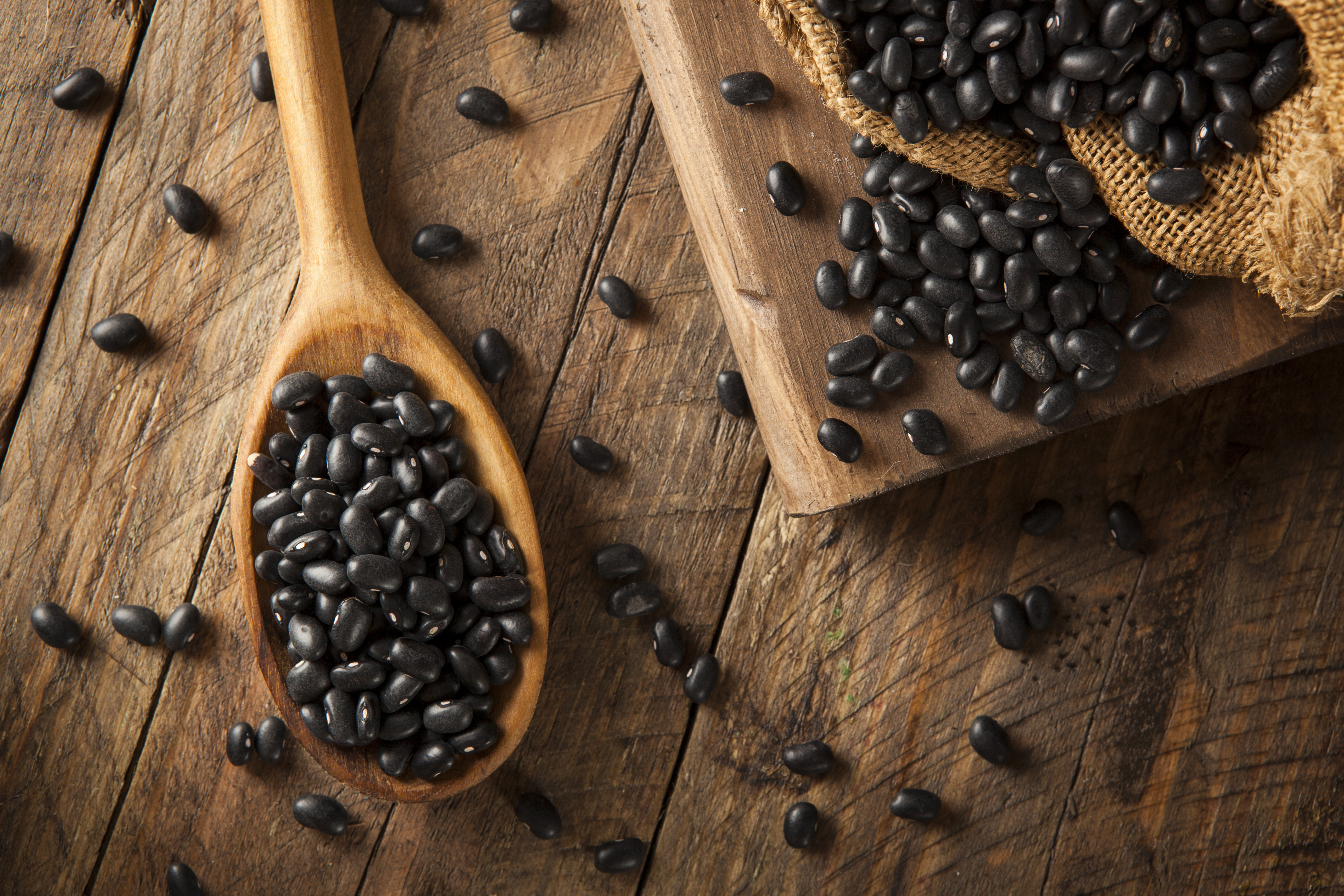
Legumes like black beans are rich in fiber, plant-based protein, and flavonoids, all of which help reduce inflammation. They support gut health, regulate blood sugar, and provide essential minerals like magnesium and iron. Incorporate black beans into soups, tacos, salads, or veggie burgers for a nutrient-dense addition to your meals.
22. Papaya: The Digestive Healer
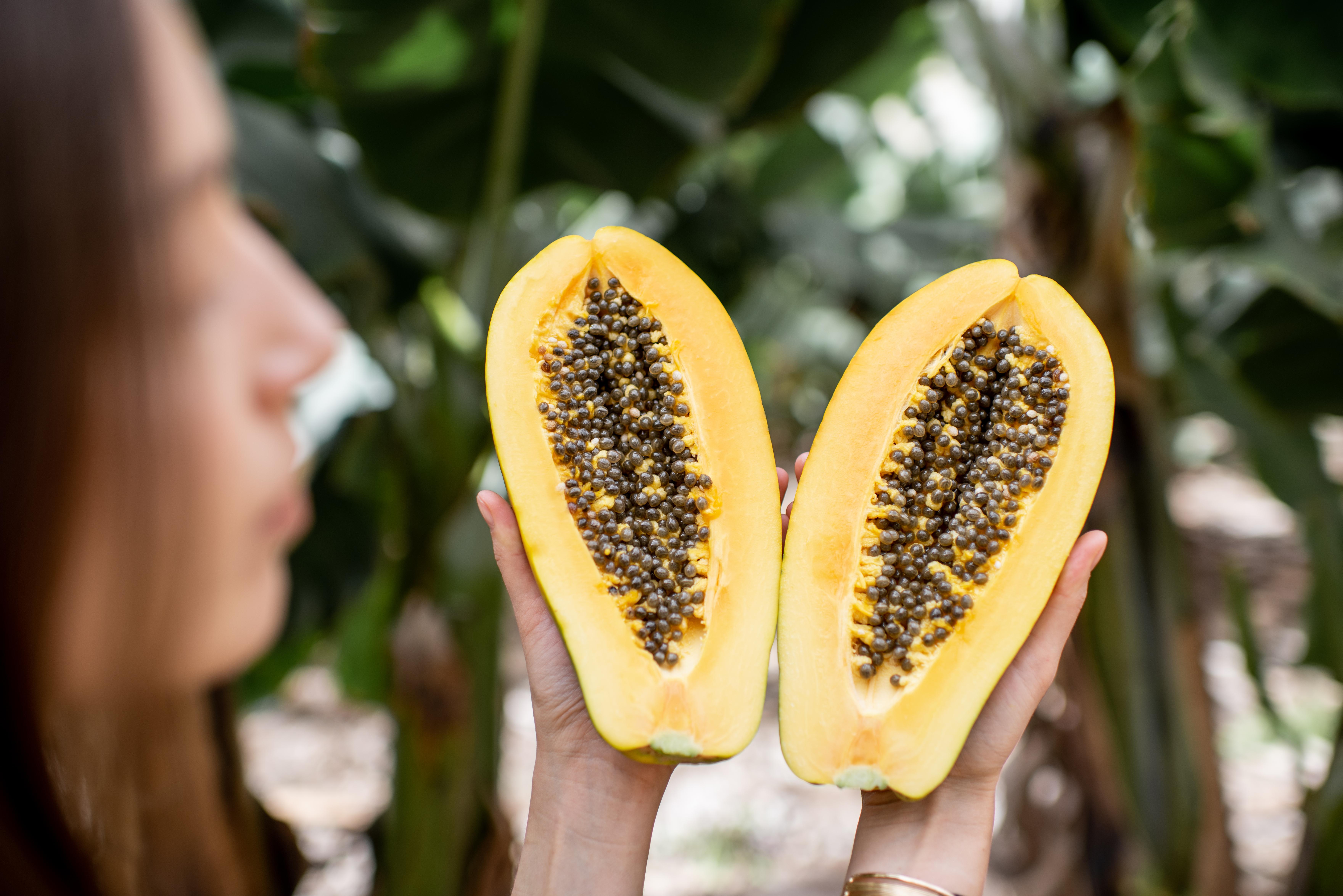
Papaya contains papain, an enzyme that aids digestion and reduces inflammation in the gut. It's also packed with vitamin C, beta-carotene, and flavonoids, which work together to reduce oxidative stress and support immune health. Eat papaya fresh, blend it into smoothies, or use it in tropical fruit salads for a delicious, anti-inflammatory treat.
23. Coconut Oil: A Healthy Fat for Inflammation Control
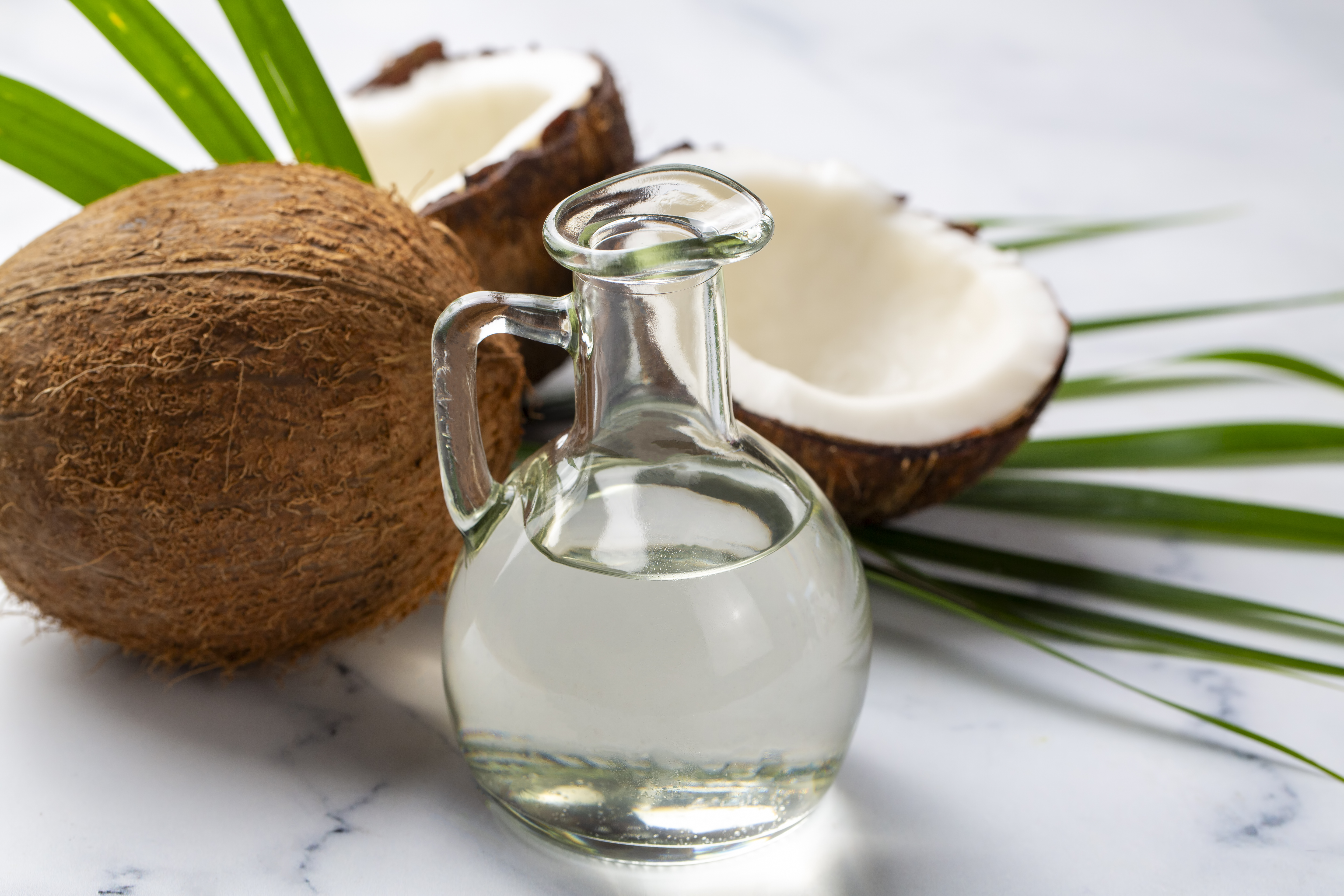
Unlike highly processed oils, coconut oil contains medium-chain triglycerides (MCTs) and lauric acid, which have been shown to lower inflammation and support brain function. Studies suggest that coconut oil may be beneficial for gut health, metabolic balance, and joint pain relief. Use it for cooking, add it to coffee, or blend it into smoothies.
24. Kimchi: Fermented for Gut and Immune Health
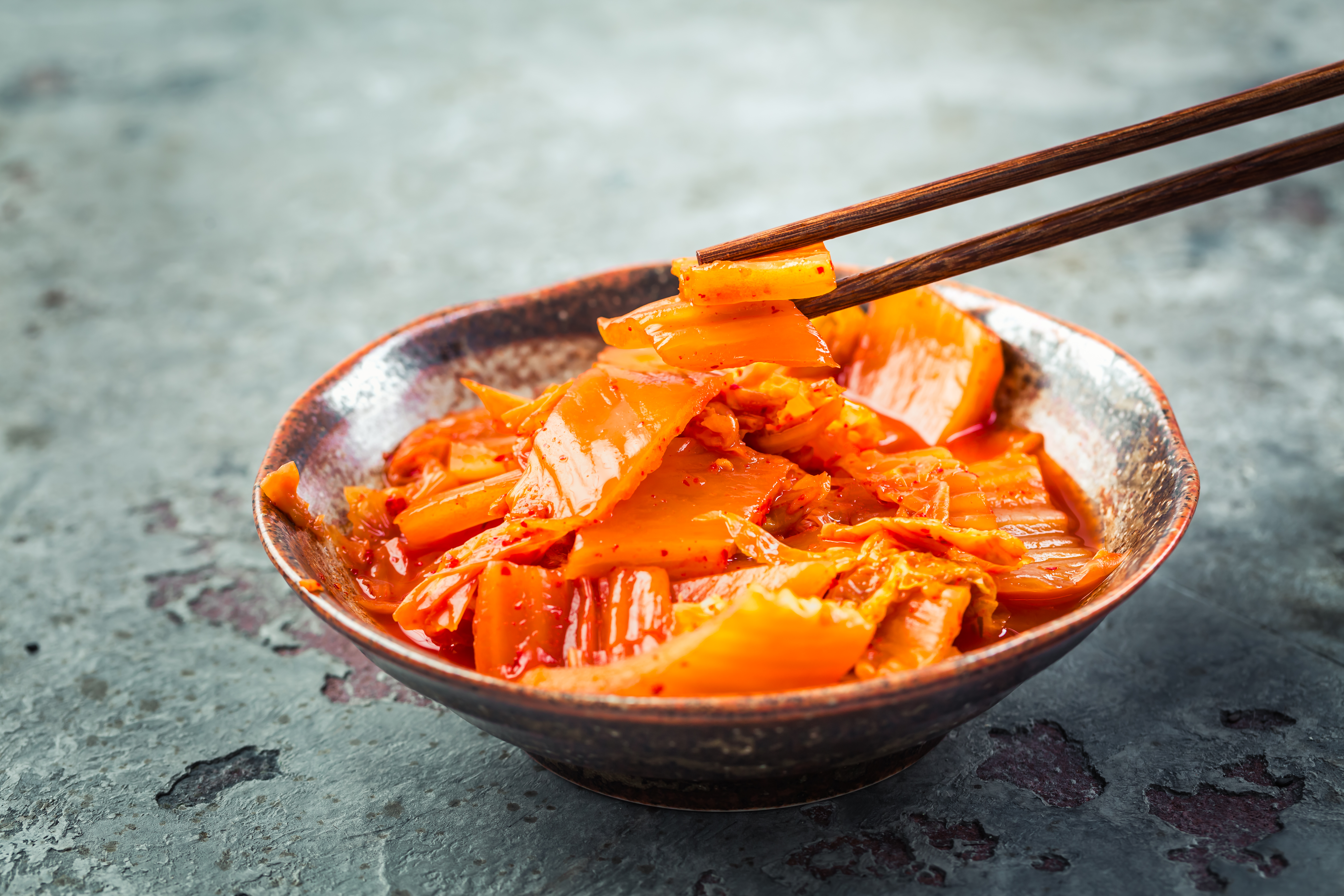
Kimchi, a traditional Korean fermented dish, is rich in probiotics, which support gut health and reduce systemic inflammation. It also contains compounds from garlic, ginger, and chili peppers that enhance its anti-inflammatory benefits. Enjoy kimchi as a side dish, add it to stir-fries, or use it in grain bowls for a probiotic-rich flavor boost.
A Holistic Approach to Wellness
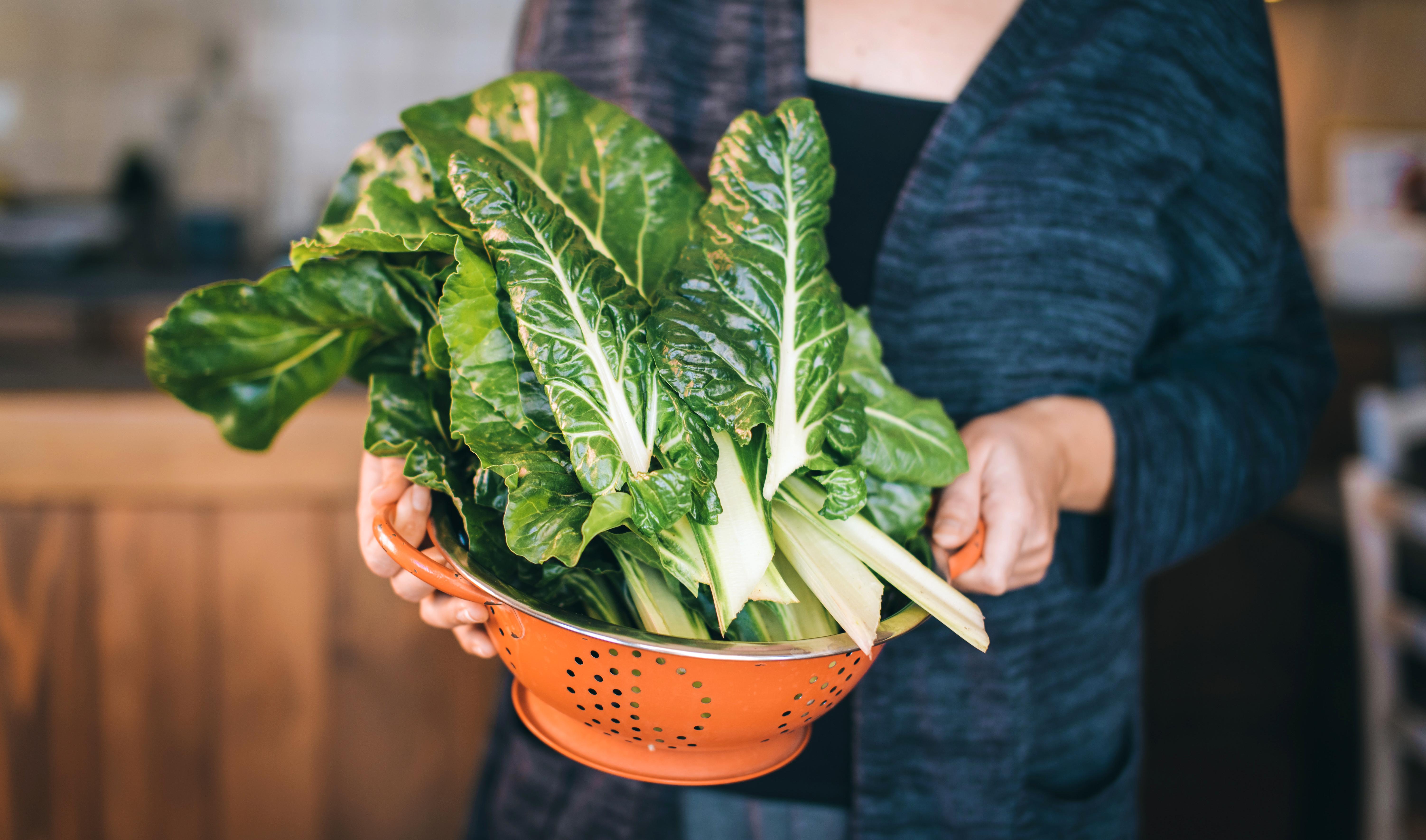
Incorporating anti-inflammatory foods into your diet is a powerful step toward achieving remarkable wellness. Unlike supplements, which often provide isolated nutrients, whole foods offer a complex array of vitamins, minerals, and bioactive compounds that work synergistically to support health. By focusing on a diverse range of anti-inflammatory foods, you can reduce the risk of chronic diseases, improve bodily functions, and enhance your overall quality of life. The foods highlighted in this article not only provide anti-inflammatory benefits but also contribute to a well-rounded and nutritious diet. Embrace these foods as part of a holistic approach to wellness, and enjoy the journey to a healthier, more vibrant life.
